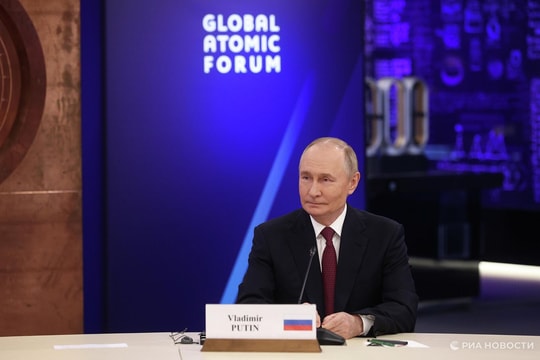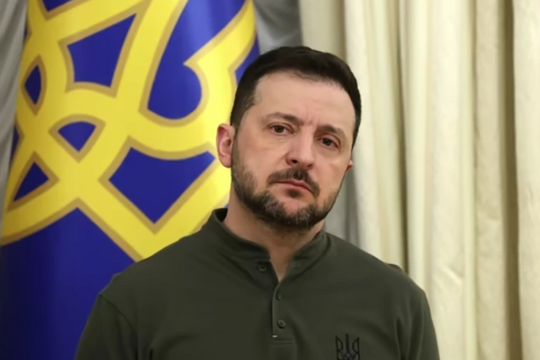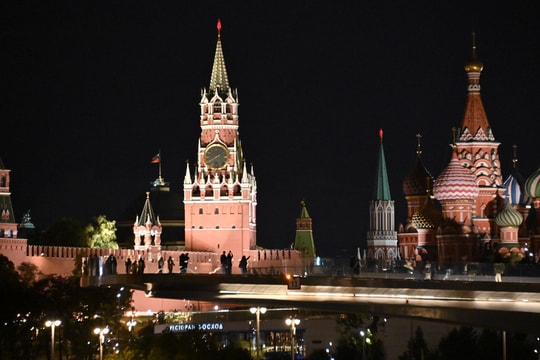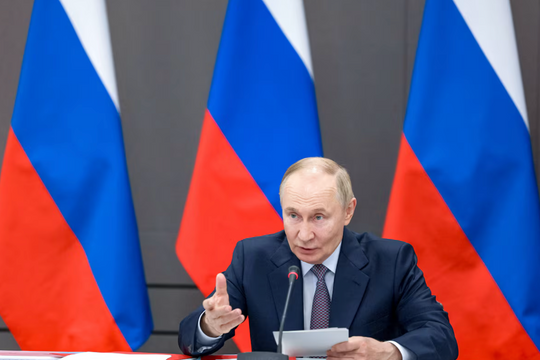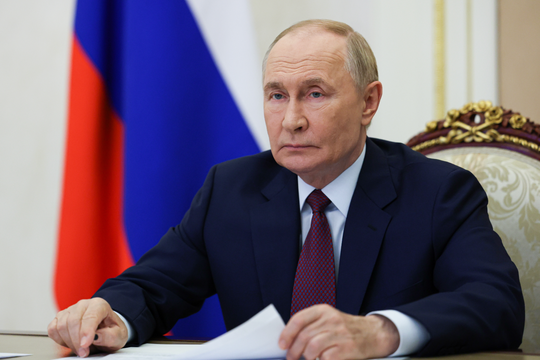Experts analyze motives behind UAV attack on Kremlin
Analysts say that if Ukraine did indeed launch drone strikes on Moscow, the purpose of the attack may have been to send a message that it could penetrate the Russian capital's defenses, rather than targeting President Putin.
Russia has accused Ukraine of plotting to assassinate President Vladimir Putin after a drone attack on the Kremlin on the evening of May 3, and warned of retaliation.
"We consider this a premeditated terrorist act and an attempted assassination of the Russian President ahead of Victory Day on May 9. Russia reserves the right to respond to this attack at the appropriate time and place," Kremlin spokesman Dmitry Peskov said.
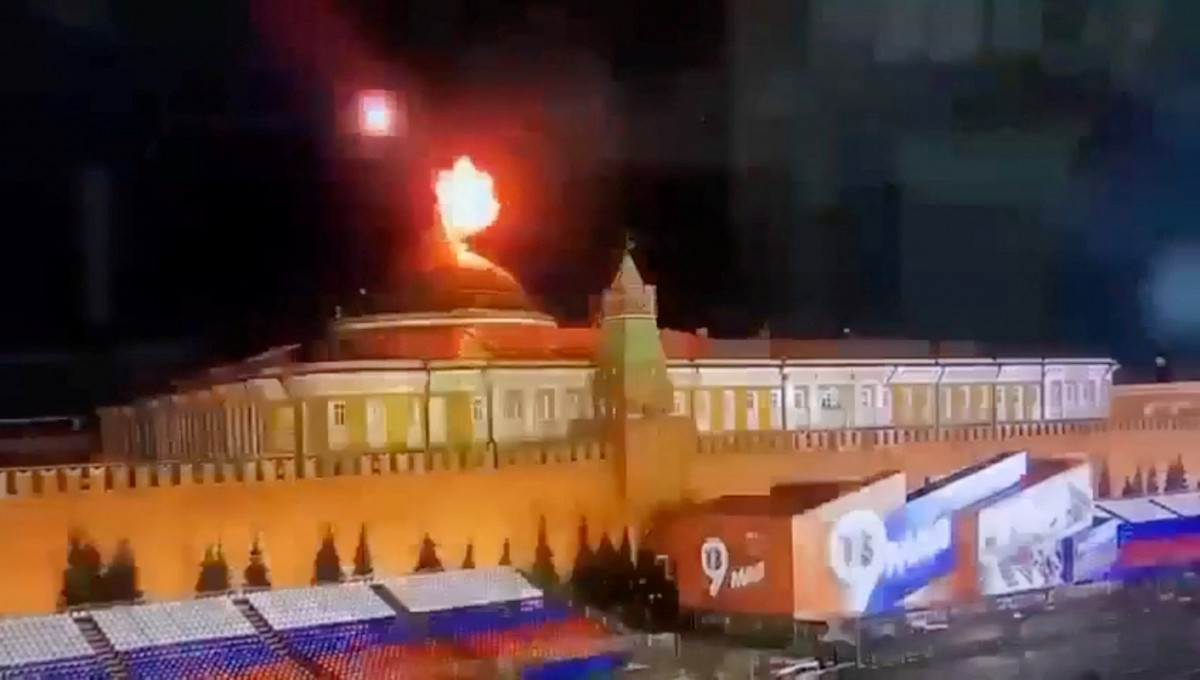 |
| Photo: Reuters. |
Deputy head of Russia's Security Council Dmitry Medvedev called the attack a terrorist act and Moscow's only option was to retaliate against the Ukrainian president. Russian State Duma Speaker Vyacheslav Volodin said Russia should not negotiate with the Ukrainian president and called for the use of "weapons capable of completely stopping and destroying the Ukrainian government" in retaliation.
The Russian Investigative Committee has announced the opening of a criminal investigation into "a terrorist attack related to the Ukrainian government's attempt to use a UAV to attack the Russian President's residence in the Kremlin".
Meanwhile, Ukrainian President Volodymyr Zelensky denied Russia's accusations and affirmed that Kiev had nothing to do with the incident.
"We are not attacking Mr. Putin or the Russian capital Moscow, we are only fighting on our own territory," Ukrainian President Volodymyr Zelensky said at a press conference in the Finnish capital Helsinki on May 3.
A senior official from the Ukrainian Presidential Office affirmed on the same day that the country was not involved in the incident, emphasizing that attacking the Kremlin "did not bring any results" and did not change the situation on the battlefield, and only made Russia "act more extreme".
US Secretary of State Antony Blinken said Washington could not verify Moscow's allegations and "should not believe everything the Kremlin says." He also reiterated Ukraine's "right to self-determination" when asked if the US would criticize Ukraine if it attacked Russian territory.
"Since the beginning of this conflict, the United States has certainly not encouraged or facilitated Ukraine's aggression outside its borders. We have been very clear about that," White House press secretary Karine Jean-Pierre said at a May 3 press briefing. "I don't want to speculate here on the veracity of those reports."
What was the motive for the attack?
If Ukraine did indeed launch drone attacks on Moscow, the attack was likely aimed at sending a message that it could penetrate the Russian capital's defenses, rather than targeting President Putin, analysts told Reuters.
“It could be a symbolic strike in the heart of Moscow to demonstrate that essentially no part of Russia is safe from a Ukrainian attack,” said Samuel Bendett, a senior fellow at the Center for a New American Security in Washington, DC.
The RIA news agency said Mr Putin was not in the Kremlin at the time of the attack and was working at his Novo Ogaryovo residence outside Moscow.
Two of several videos posted on Russian social media channels show two objects flying on the same trajectory towards one of the highest points of the Kremlin complex. Both were later destroyed.
“Ukraine has a number of drones that could have played a role in this. For example, their newly developed UJ-22 drone has a really long range,” Mr Bendett said. “The Mugin-5 drone, which can basically be bought online and can be refitted as a military drone – that drone can fly several hundred kilometres and it has been used in previous attacks.”
According to Reuters' assessment, the videos are authentic, although some Western analysts say Russia may have staged the incident to blame Ukraine and justify the strong reactions that followed.
Alexander Vindman, a former White House National Security Council official and senior fellow at Johns Hopkins University’s School of Advanced International Studies (SAIS), said it would be “going too far” to suggest that Moscow orchestrated the incident because it would undermine its image as a safe and powerful country.
“It could be an activity by a non-military actor, someone who is fundamentally anti-Russian, but does not necessarily have the support of the Ukrainian government,” Mr. Bendett assessed./.

